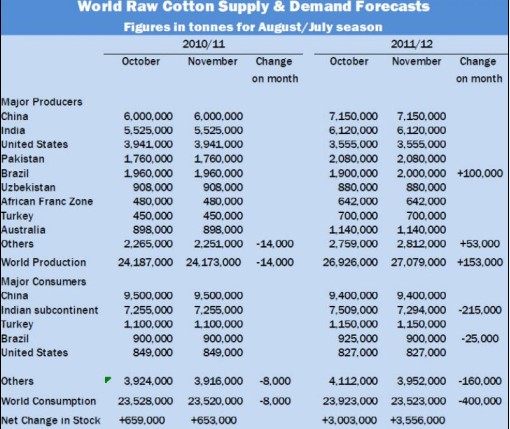|
Hourly wages in May '09 up 13 percent from May '06 Last time we checked, we were still in the middle of a serious local recession. You know, record unemployment, slumping gaming earnings, a moribund housing market -- that sort of stuff. Yet, the newest wage data from the federal government show that in one area, at least, Las Vegans appear to be a little better off than they were before the recession began. A June 28 report from the federal Bureau of Labor Statistics shows that the average hourly wage in Las Vegas in May 2009 was $19.26, up 13 percent from $17.07 near the boom's peak in May 2006. But local economists didn't credit the gain to pay raises or improving business conditions. One possible reason for the higher wage is that locals who've been laid off in the downturn were lower-wage workers, said Stephen Miller, an economics professor and department chairman in the College of Business at the University of Nevada, Las Vegas. Jeff Waddoups, an associate professor of economics at UNLV, agreed. Las Vegas' prerecession economy concentrated heavily on jobs in gaming and construction, two industries in which typical wages probably fall below the $19.26 hourly average, Waddoups said. Both sectors have shed tens of thousands of jobs, changing the composition of the local work force in the process, Waddoups said. Take construction: Before the downturn, it made up 12.7 percent of the local jobs base, according to numbers from the Associated General Contractors trade group. Today, construction jobs comprise just 6.7 percent of the city's positions. Waddoups added that inflation could have pushed up wages as well. Plus, the city has 130,000 fewer workers than it had before the recession, noted Brian Gordon, a principal in local research and consulting firm Applied Analysis. The company's studies have found that the city's share of hotel workers has fallen from a peak of 1.4 staffers per room to 1 employee per room. And having fewer people doing more work could affect paychecks, Gordon said. The bureau's data also reveal notable pay gaps by employment category. Local earnings significantly exceed national averages in nine of 22 key categories the bureau tracks. Among the sectors with better-than-typical local earnings are food preparation and services, construction, health care, community and social services and farming, fishing and forestry. At least some of those better earnings likely come from union penetration, Waddoups said. He cited Culinary Local 226, a union with about 55,000 local members in the hotel-casino sector, and said there's probably a 20 percent wage gap between union and nonunion resort workers. But seven sectors, many of them in higher-skilled fields, posted subpar local wages. Relatively low-earning fields include law, company management, computer and math science and business and financial operations. It's likely that Southern Nevada's mix of industries has translated into lower pay for professionals, Waddoups said. Managers in Las Vegas, for example, tend to supervise in fields such as retail and hospitality -- fields that don't pay as much as other sectors. The study also reported on employment concentrations, noting higher-than-average concentrations in food preparation and serving, personal care and service, and lower concentrations of workers in production, education and health care.
|
|
LV workers earn more than before recession, data show
Updated: 2010-7-6 Source: Texglobe-ÐÅÏ¢ÖÐÐÄ

Recommended News
Photo Gallery
Most Popular



